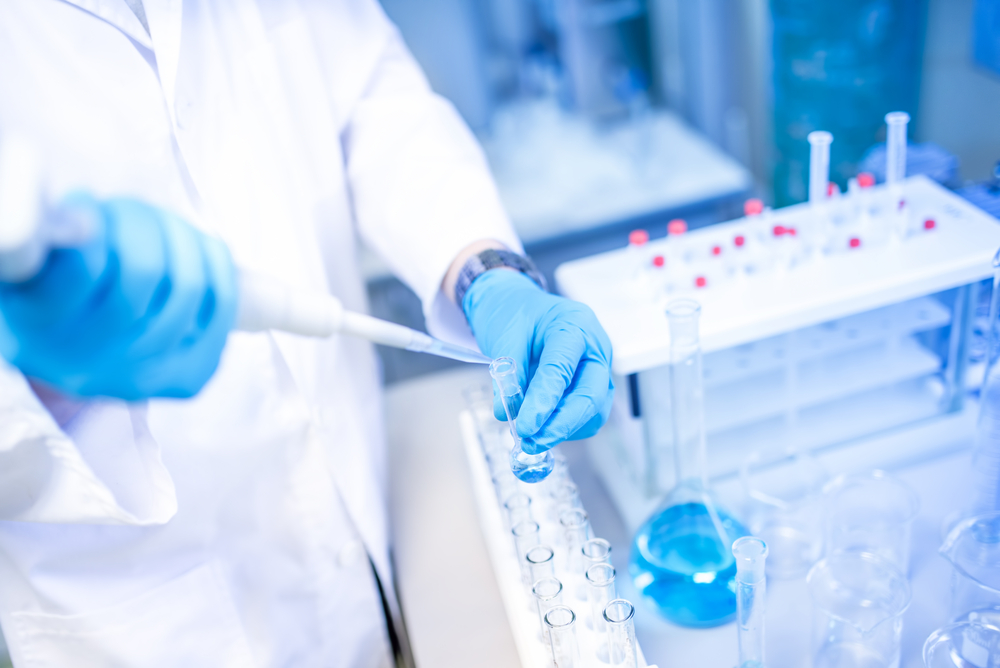First Patient with Sickle Cell Disease Transplanted with CordIn in Phase 1/2 Study
Written by |

Gamida Cell has announced that the first patient with sickle cell disease (SCD) has been transplanted with CordIn, the company’s experimental curative treatment for rare and chronic nonmalignant diseases with no other curative therapy options besides bone marrow transplant.
The transplant, performed at UCSF Benioff Children’s Hospital Oakland, is part of a Phase 1/2 study where CordIn is being evaluated as a single graft.
Bone marrow transplant is the only established cure for SCD. Due to the difficulties in finding a suitable match, only a few hundred patients were able to receive the curative treatment.
CordIn is a variation of NiCord, developed as an alternative to bone marrow transplants for the treatment of patients with blood cancers who cannot find a donor with fully matched tissue. The product is obtained through the expansion of cells from the umbilical cord.
CordIn was adapted for transplants in patients with diseases such as SCD and thalassemia, bone marrow failure syndromes, genetic metabolic diseases, and refractory autoimmune diseases. If proved effective, safe and approved, patients with these diseases in need of a bone marrow transplant will have more accessibility to the product.
A first Phase 1/1 study evaluated CordIn in a double graft configuration in eight patients with SCD. The study is still ongoing and results are expected to be published later this year.
In the present study, CordIn is being evaluated as a single graft and the successful enrollment and transplantation of the first SCD patient represents an important step forward in the clinical development program of this product.
“In the first Phase 1/2 study with SCD, the expanded graft was transplanted along with a non-manipulated umbilical cord blood unit in a double graft configuration,” Dr. Yael Margolin, Gamida Cell CEO, said in a press release.
“In the second phase 1/2 study we updated the protocol from our first Phase 1/2 study so that patients would be transplanted with CordIn as a standalone graft, which is expanded from one full umbilical cord blood unit and enriched with stem cells using the company’s proprietary NAM technology,” Margolin said.
The clinical trial, “Allogeneic SCT of CordIn, in Patients With Hemoglobinopathies,” is currently recruiting patients.





